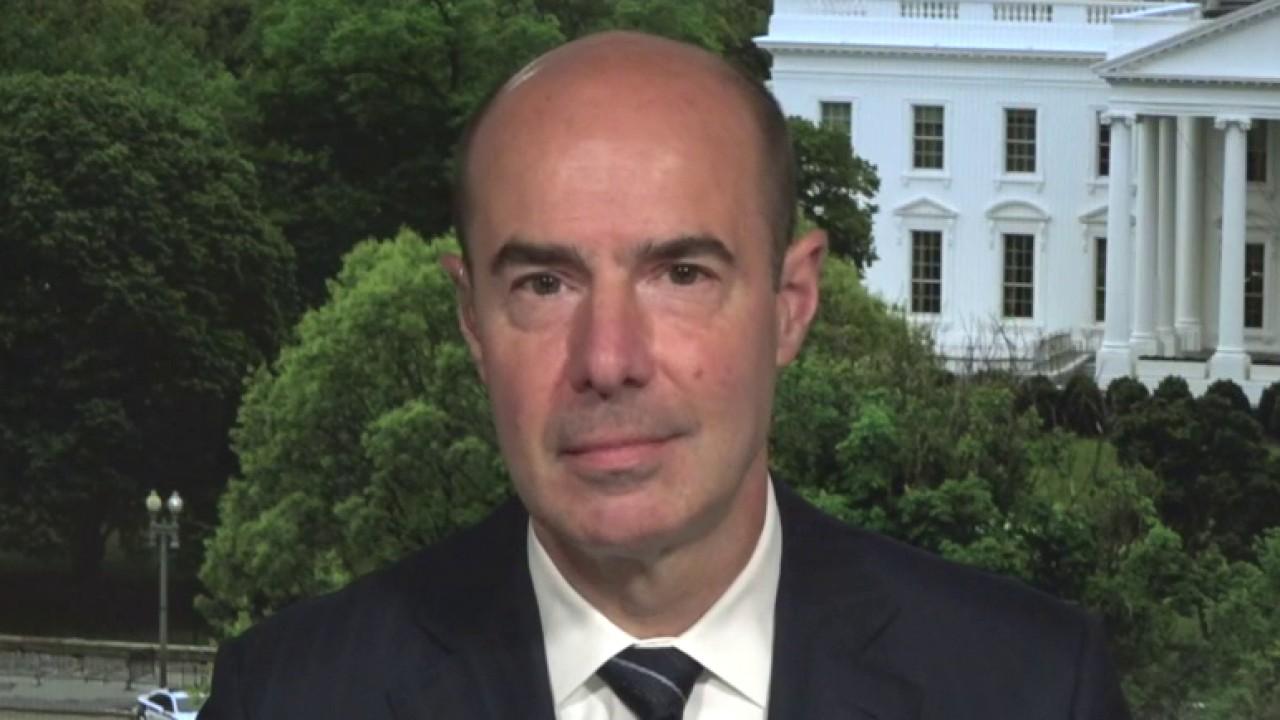House votes to give recipients of coronavirus small business loans more flexibility
Lawmakers approved the legislation in a nearly unanimous 417-1 vote
Get all the latest news on coronavirus and more delivered daily to your inbox. Sign up here.
The House voted Thursday to pass bipartisan legislation giving small business owners who tapped a federal aid program more flexibility in how they spend the loans, the latest effort by Congress to blunt the economic pain of the coronavirus pandemic.
Lawmakers approved the legislation, the Paycheck Protection Program Flexibility Act, in a nearly unanimous 417-1 vote.
The Paycheck Protection Program, a centerpiece of the $2.2 trillion CARES Act signed into law at the end of March, provided forgivable loans of up to $10 million to businesses with fewer than 500 workers. In order for the loans to be forgiven, businesses have to adhere to strict requirements; however, the bill passed on Thursday would ease some of those restrictions.
Loan recipients would only have to spend 60 percent of the aid on maintaining payroll — including salary, health insurance, leave and severance pay — rather than the current 75 percent rule (plus they would no longer have to rehire workers by June 30). The remaining 40 percent could go toward operating costs like rent and utilities.
Businesses would also have 24 weeks to spend the money instead of two months.
The bill would let small businesses that accessed the fund to defer payroll taxes.
PPP RECIPIENTS COULD FACE LOAN CHALLENGES
The second round of PPP funding began on April 27 after the initial tranche of $349 billion evaporated in just 13 days. As of Saturday, more than 4.42 million loans worth close to $511 billion had been distributed through the program. Congress allocated about $610 billion to the PPP, leaving roughly $100 billion left over in the fund.
The legislation attempts to address the growing concern among small business owners that the PPP loans simply don't meet their needs. In some cases, the extra $600 per week in unemployment benefits established by the CARES Act has snarled efforts by businesses to bring workers back, with employees reluctant to forfeit a bigger paycheck and return to their job when the risk of contracting the virus remains high.
Small business owners have also cited confusion and uncertainty around the forgiveness process -- and are worried about potentially being on the hook for the money.
DEMAND FOR SMALL BUSINESS LOANS FADES, HERE'S WHY
For instance, a business that receives a $100,000 loan must use at least $75,000 on payroll costs if they want the federal government to forgive it. Payroll expenses are capped at $100,000 per employee. The loan amount is based on payroll size before coronavirus-mandated shutdowns caused a surge in layoffs, which could make it more challenging for business owners to spend three-fourths of the aid on workers.
The push for changes to the PPP comes amid a stand-off between Democrats and Republicans over the next coronavirus aid package. House Democrats passed a $3 trillion bill that included expanded unemployment benefits through the end of January and another one-time stimulus payment of up to $1,200 to most Americans.
Republicans have said they will not take the bill up in the Senate.




















